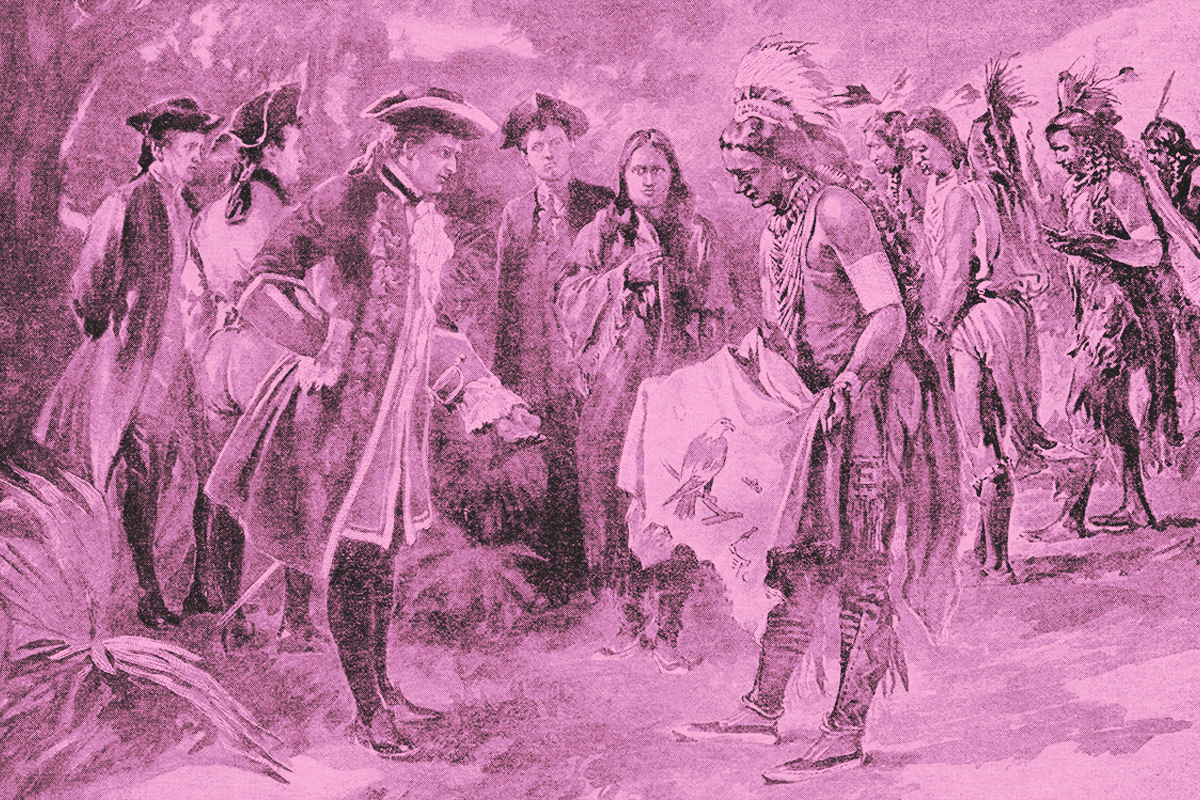
Some words sound inherently modern, as if they could have been invented in the last few decades alongside smartphones, social media, 3D printing, and self-driving cars. But step into the world of etymology and more often than not, you’ll find words with ancient histories. Even the most modern-sounding words — those we use frequently in our fast-paced, technologically driven world — can have origins in times long gone, sometimes as far back as Old English and the tongues of classical antiquity. Here, we look at eight words that feel contemporary but have surprisingly ancient roots.
Whether talking about computers or pandemics, the word “virus” has plenty of context — often negative — in our modern world. Perhaps the only positive association is “going viral,” something that many would-be influencers strive to achieve. That usage is newer, but the word “virus” itself has been around for a long time. It goes back to classical Latin, in which vīrus refers to a poisonous secretion or venom, or potentially anything with a virulent or malignant quality. “Virus” entered the English language in 1599 in the context of a poisonous venom, while “viral,” meaning “caused by a virus,” emerged much later in the 1930s.
Long before the existence of the social media platform we now call X, the word “twitter” appeared in late 14th-century Middle English. It began as “twiteren,” meaning “to chirp or make small, tremulous sounds,” in reference to birds. Birds have long since twittered in many literary works, including James Thomson’s poem “Autumn”: “With other kindred birds of season, there / They twitter cheerful, till the vernal months / Invite them welcome back.”
Before cars, stock markets, and computers began crashing, “crash” emerged as an onomatopoeic word in the late 14th century, first written as “crasschen,” meaning “to break into pieces or make a loud, clattering sound.” And prior to car crashes, people crashed horses, such as in Charles Kingsley’s 1866 novel Hereward the Wake, in which “two other knights crashed their horses through the brushwood.”
The dating app Tinder popularized the modern swipe, with its “swipe right to like, swipe left to pass” functionality — something the app’s co-founder came up with while in the shower. The word “swipe,” however, has been around for at least two centuries. In 1825, “swipe” was used in Scottish as “to move circularly” or “to give a stroke in a semicircular or elliptical form.” It soon after appeared in English, meaning “to strike at” or “deal a swinging blow,” often in relation to the English sport of cricket. A more modern usage of swiping a credit card first appeared in 1986, according to the Oxford English Dictionary.
Today, if someone is referred to as a gamer, it probably means they play video games — or, if they’re more old-school, tabletop role-playing games. But gamers are nothing new. The word has been used since Middle English to refer to anyone who frequently takes part in a game or sport, or a person who plays games for stakes — in other words, a gambler. This latter sense was often frowned upon. In J. H. Ingraham’s 1845 short story “The Key; Or the Pack of Cards,” we are told, “The gamer is farther from restoration even than the drunkard, because what he does he does in the light of sobriety.”
Surveys indicate the average American may spend up to 10 hours a day online. That’s a big chunk of time spent browsing — and an impressively impactful feat for a word that’s been around since the 15th century. “Browse” originally referred to the way in which animals feed on buds or eat leaves from trees, or the manner in which cattle graze. The pastoral meaning was extended to the perusal of books in the early 1800s and later found its way into modern internet parlance.
The modern usage of “sick” to mean “outstandingly or amazingly good or impressive” is a prime example of amelioration — a type of semantic change in which words with negative or neutral associations improve in meaning and develop positive connotations. “Sick” itself goes all the way back to the Old English word séoc, referring to suffering from illness of any kind, or being generally unwell or ailing. The word bravely hung on to its original sense for centuries, until skateboarders and surfers decided to radically invert its meaning in the 1980s.
The sheer dread of being unfriended on social media is one of the modern world’s greatest woes. Some small succor can perhaps be found, however, in the knowledge that unfriending is nothing new. “Unfriend” as a noun has existed since at least the 13th century, referring to someone who is not a friend or on friendly terms, or possibly an enemy. As a verb — and more aligned with the modern meaning — we can find an example in a 1659 letter by Thomas Fuller, in which he wrote, “I hope, Sir, that we are not mutually un-friended by this difference which hath happened betwixt us.”

















